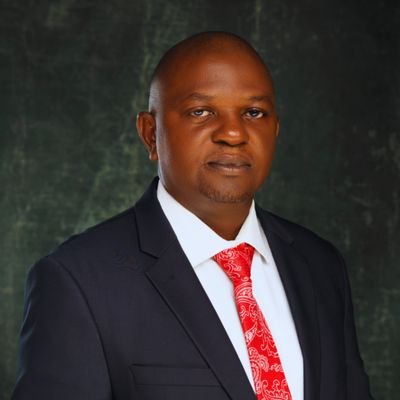Ghana Seeks Investment, Jobs Focus at 2025 IMF-World Bank Meetings
Ghana is positioning itself to secure critical investments and partnerships during the 2025 International Monetary Fund (IMF) and World Bank Group Spring Meetings, set to convene global leaders in Washington, D.C., from April 21 to 26. Under the theme “Jobs – The Path to Prosperity,” the meetings will address urgent challenges such as youth unemployment, trade fragmentation, and sustainable development, with Ghana aiming to leverage its economic ambitions on the global stage.
A central concern driving discussions is the stark mismatch between workforce growth and job availability in emerging markets. Over the next decade, 1.2 billion young people are projected to enter labor markets globally, yet only 420 million jobs are expected to be created. For Ghana, where youth unemployment remains a pressing issue, the meetings offer a platform to align with international strategies for job creation while attracting financing for sectors like infrastructure, agribusiness, and healthcare areas prioritized by the World Bank for their potential to spur employment.
World Bank President Ajay Banga underscored the role of private sector investment in addressing these gaps, noting the expansion of the institution’s Private Sector Investment Lab to channel capital into high-impact projects. “Jobs are the best way to drive a nail in the coffin of poverty,” Banga stated, emphasizing the need for regulatory reforms and infrastructure development to unlock opportunities. IMF Managing Director Kristalina Georgieva warned against rising trade protectionism, urging cooperation to avoid long-term damage to productivity. “We need a more resilient world economy, not a drift to division,” she said, advocating for structural reforms to support vulnerable economies.
Ghana’s delegation, engaging in sideline talks with multilateral institutions and investors, plans to highlight its stability, digital innovation initiatives, and industrial diversification plans. Officials aim to position the country as a gateway for sustainable development in West Africa, particularly in renewable energy and technology-driven agriculture. The government’s focus mirrors World Bank recommendations to bolster sectors that combine growth potential with job density, critical for a nation where over half the population is under 25.
The meetings coincide with Ghana’s ongoing efforts to stabilize its economy amid debt restructuring and inflationary pressures. Success in securing partnerships could accelerate projects like the proposed Accra SkyTrain and agricultural industrialization zones, which promise to absorb skilled labor and stimulate exports. However, analysts caution that global competition for financing remains fierce, requiring Ghana to articulate clear, actionable proposals.
As geopolitical tensions and climate risks reshape development priorities, Ghana’s emphasis on jobs and trade efficiency reflects a broader recognition that inclusive growth hinges on bridging policy with private sector dynamism. The outcome of these engagements may determine not only the pace of Ghana’s recovery but also its ability to harness a demographic dividend in an era of rapid technological change. With the IMF forecasting modest global growth, the pressure is on nations like Ghana to convert dialogue into tangible gains for their economies.
Follow on Google News









